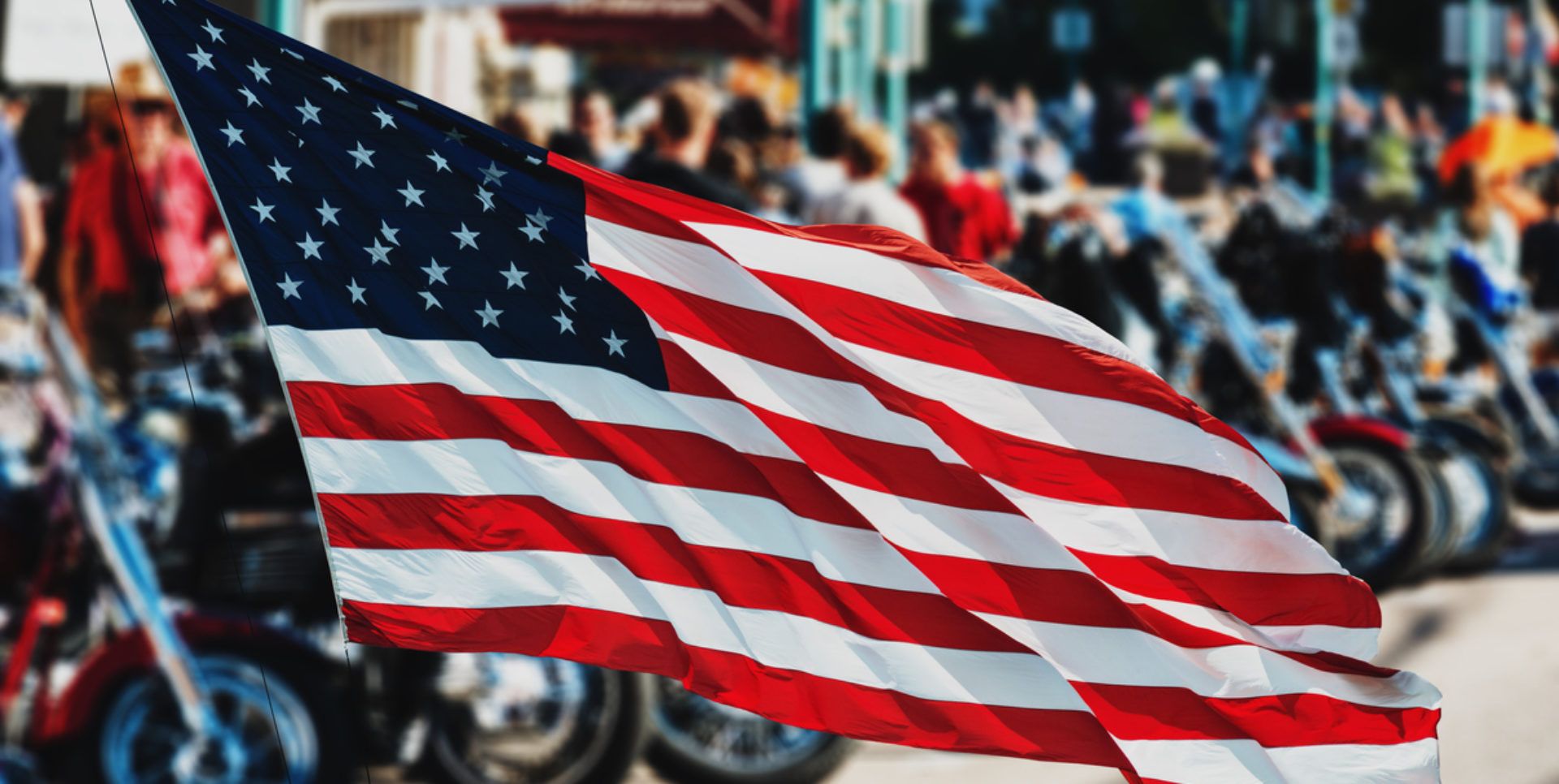Motorcycles are symbols of freedom, independence, and adventure. Riders often chase the open road for the rush and the lifestyle. But with freedom comes responsibility, especially as cannabis use becomes more mainstream across the United States. While legal access to cannabis continues to grow, it’s crucial for riders to understand how cannabis laws intersect with motorcycle safety. Mixing motorcycles and cannabis without knowledge of the risks and regulations can lead to dangerous consequences, both legally and physically.
Cannabis and Impaired Riding
Just like alcohol, cannabis can impair reaction time, motor skills, and decision-making—three elements that are critical to safe motorcycle riding. Unlike cars, motorcycles demand constant balance, quick reflexes, and heightened awareness of the environment. Even a small lapse can result in an accident.
THC, the psychoactive compound in cannabis, affects coordination and slows reaction speeds. For riders, this can translate into delayed braking, misjudging turns, or an inability to respond quickly to sudden changes in traffic. Studies have shown that drivers under the influence of cannabis are more likely to be involved in accidents, and these risks multiply for motorcyclists, who are already more vulnerable on the road.
State Laws and Cannabis Use
Each state has its own cannabis laws, but when it comes to operating a motorcycle—or any motor vehicle—the rules are clear: riding under the influence of cannabis is illegal. DUI laws apply equally to cars and motorcycles, and penalties can include license suspension, heavy fines, mandatory classes, and even jail time.
In states like Colorado, Nevada, and California, law enforcement can test for THC levels if impairment is suspected. However, unlike alcohol’s blood alcohol concentration (BAC), THC levels are harder to standardize because cannabis affects each person differently. This means riders could still face penalties even if they feel “fine to ride” but show impairment on roadside tests.
Federal Law and Crossing State Lines
Another major concern is interstate travel. Cannabis may be legal in one state, but crossing into another state with cannabis in your possession—even if both allow legal sales—can violate federal law. Motorcyclists often cross state borders during rallies and long trips, so planning ahead is essential. Carrying cannabis across state lines risks federal charges, regardless of whether you’ve consumed it or not.
Safety First: What Riders Should Do
To stay safe and compliant, motorcyclists should follow a few simple guidelines:
- Never ride impaired. Treat cannabis like alcohol—enjoy it after your ride, not before or during.
- Know your state’s laws. Cannabis regulations vary widely, so riders should familiarize themselves with the rules where they live and travel.
- Plan trips carefully. If traveling to a rally or festival, research local cannabis restrictions to avoid unexpected legal issues.
- Educate fellow riders. Motorcycle culture thrives on camaraderie. Sharing knowledge about cannabis laws can help keep your riding group safe.
The Road Ahead
As cannabis legalization expands, states will continue refining laws around impairment and driving. For motorcyclists, the bottom line is simple: safety and awareness must come first. Riding a motorcycle demands precision, and even slight impairment can lead to devastating outcomes. By respecting the law and putting safety above all else, riders can enjoy both the open road and the evolving cannabis culture responsibly.

